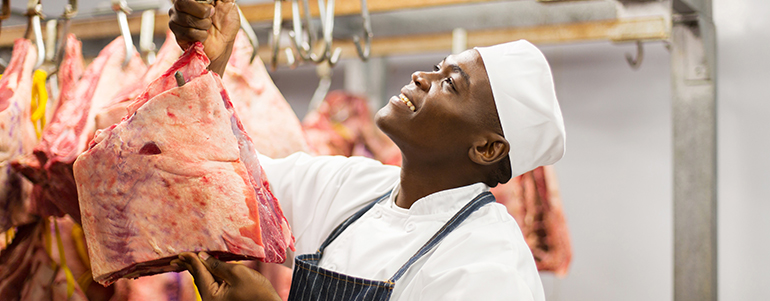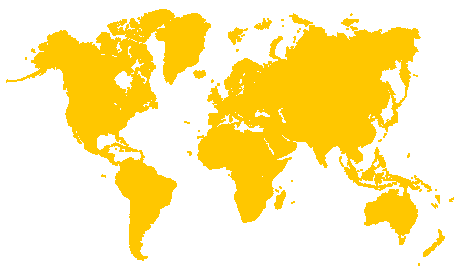How to Negate Risk in the Global Meat Trade

Don't get embroiled in meat scandals
28 June 2017
In recent years, food safety and food fraud has become a growing challenge. Countries such as Brazil depend on the economic development obtained from key segments like the food and beverage industry, and the volume of food exports represents a significant part of the local food economy. Despite strong local regulations and the effort to put food control authorities in place, it appears that some meat products have been deliberately placed on the market with the intention to drive financial gains, while bringing major health risks to consumers.
While globalisation enables a worldwide market access for food suppliers, it has also brought new challenges, which need to be taken into consideration including distance, logistics, food safety culture, compliance, and buy specification. One element which can be used as a quality checkpoint to safeguard goods from the earliest stage of the supply chain is food inspection. Inspections can occur in the farm environment, in meat production and packaging facilities, as well as before and after shipment. Depending on the level of assurance you need throughout the supply chain, there are different inspection types to be considered: pre-shipment inspections, final random inspections, loading supervision and unloading supervision and in-country inspections. Physical inspections are often coupled with product sampling and testing.
Product testing is also an appropriate strategy to help characterize food products with regard to various criteria such as food safety to detect the absence or presence of pathogens agents (Salmonella, Listeria, E.coli STEC, Campylobacter), or other microorganisms which are indicators of a lack of hygienic conditions (Coliforms, Enterobacteria, Aerobic bacteria, etc.), authenticity, freshness, shelf life, and label validation to name a few.
While controls such as testing and inspections will bring an increased level of assurance regarding the safety of exports from countries like Brazil, activities downstream from production and packaging should also be considered. By having strong risk assessment and food safety assurance policies and practices in place at the earliest point in the supply chain and throughout can significantly reduce cost and provide risk assurance to both exporters and importers.
Investing in technology to map supply chains and assess risks should also be considered. This can be an invaluable tool used to analyse and map areas of risk and analysis strategies for safe food. In addition, certifications can also ensure that suppliers meet key global standards and expectations in terms of documented and controlled policies to avoid major risks. Importing countries often require that food suppliers attain independent certification through various international schemes to streamline their processes, embed sound management practices and systems, and ensure standards are met in terms of product quality and safety.
Finally, research conducted by Intertek into behaviour and culture has shown the positive impact training programmes can have on improving food safety processes. Staff training can drive behaviour, and manage changes to food safety practices, which is a key component to success in ensuring food safety and quality.
READ MORE IN OUR GLOBAL MEAT TRADE – NEGATING RISK THROUGH ASSURANCE SERVICES
Gregoire Kebabtchieff is the Global Director of Strategic Development & Global Key Accounts, for Intertek Food Services. He delivers initiative solutions to industry leaders around the world. Gregoire also works across strategic development of the food services business maintaining the reputation of the company and strengthening the partnerships with key food professionals. Gregoire also leads and mentors the regional Intertek Key Account Managers teams in North America, Latin America, Europe and Asia. Gregoire has a Quality Engineer in bio-industries background, graduated in 2005 from the EBI Engineer School in the Paris Area – France. He also owns a Specialized Master degree in Marketing Intelligence from HEC Paris Business School.
Tags: 2017 | Food & Agriculture | Gregoire Kebabtchieff

Gregoire Kebabtchieff,
Global Director of Strategic Development & Global Key Accounts, Intertek Food Services


